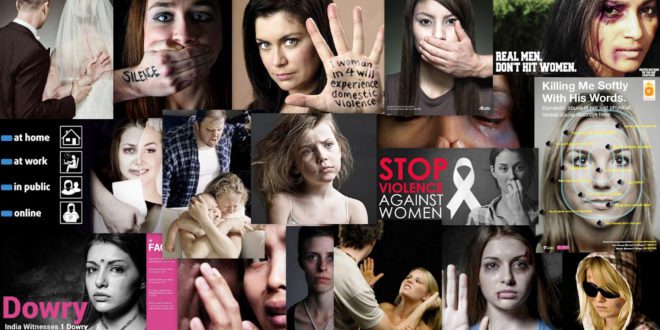The Women’s Aid launched a campaign regarding issues in family courts. The campaign aims to enlighten the government in making the safety of children as the primary priority in all contract decisions made by the family court judiciary. Despite the effort, the Women’s Aid and the Queen Mary University of London found that there is a prevalence of gender stereotypes and abuse towards victims.
Victims: What about my rights not to be abused?
A response from researchers’ collected quantitative and qualitative data from 72 women in England revealed that survivors of domestic abuse experiences gender discrimination and harmful attitudes within family courts, posing a risk on their children’s safety.
In the study, the participants shared their experiences, which were used to confirm and build the findings of the report. It was released to coincide with the closing of the government’s consultation on the Domestic Abuse Bill.
The domestic abuse survivors and mothers shared that they were often not believed, blamed for experiencing abuse, and seen as unstable by judges, barristers and Cafcass officers. 48 percent said that there was no fact-finding into the allegations of domestic violence in their case.
Despite the efforts of the “Child First” campaign of Women’s Aid, lack of protection for survivors of domestic abuse in family courts continues to prevail.
To further support the claim, survivors who participated revealed that their abusive ex-partners had cross-examined them during court hearings. Some explained that there were no special measures in the court despite allegations of domestic abuse.
These lack of rules in family courts harms the victims’ ability to give evidence and prevents them from effectively advocating for their children. The findings further discussed that unsupervised contact of a child with an abusive parent was ordered at the final hearing in two out of five cases, even if the child was a victim of domestic abuse himself.
Furthermore, contact orders placed the victims in unsafe proximity to their abusers and information about the victims’ location are shared during the court processes.
Survivors continue to endure abuse at the hands of their abusers in the family courts. Perpetrators of domestic violence are using family courts to continue to control and abuse victims, and the gender discrimination entrenched within family courts are enabling the abuse.
Katie Ghose, the Chief Executive of Women’s Aid, urges the government to ban the “unacceptable practice” of cross-examination of abusers. She suggests that compulsory and necessary training for all judges and solicitors, through all court support staff and Cafcass officers on domestic violence must be conducted.
This way, all professionals would be able to identify and understand domestic abuse to safeguard children and non-abusive parents within family courts effectively.


I’m amazed, I must say. Rarely do I encounter a blog that’s both equally educative
and entertaining, and without a doubt, you have hit the nail on the
head. The problem is an issue that not enough folks are speaking intelligently about.
I am very happy that I found this during my search for something concerning this.